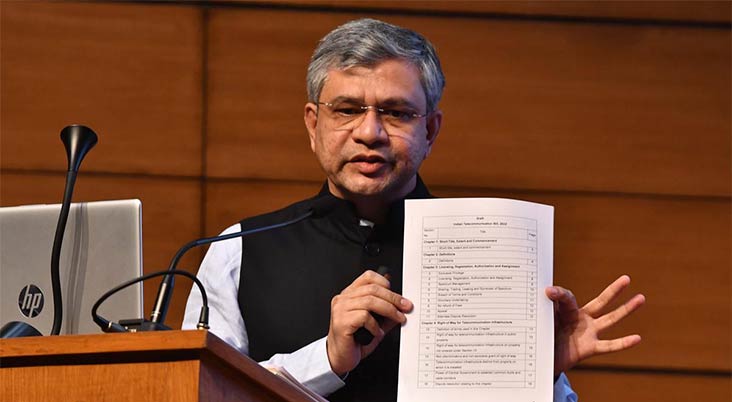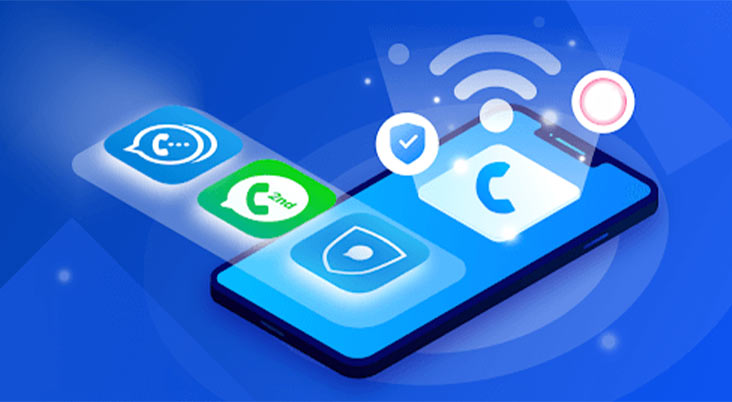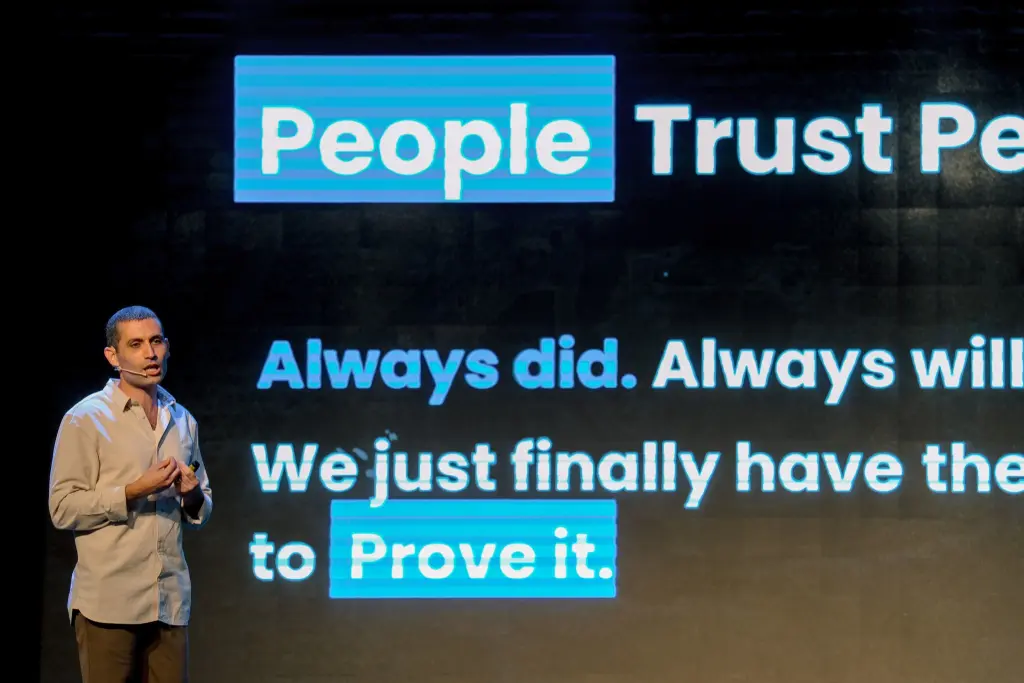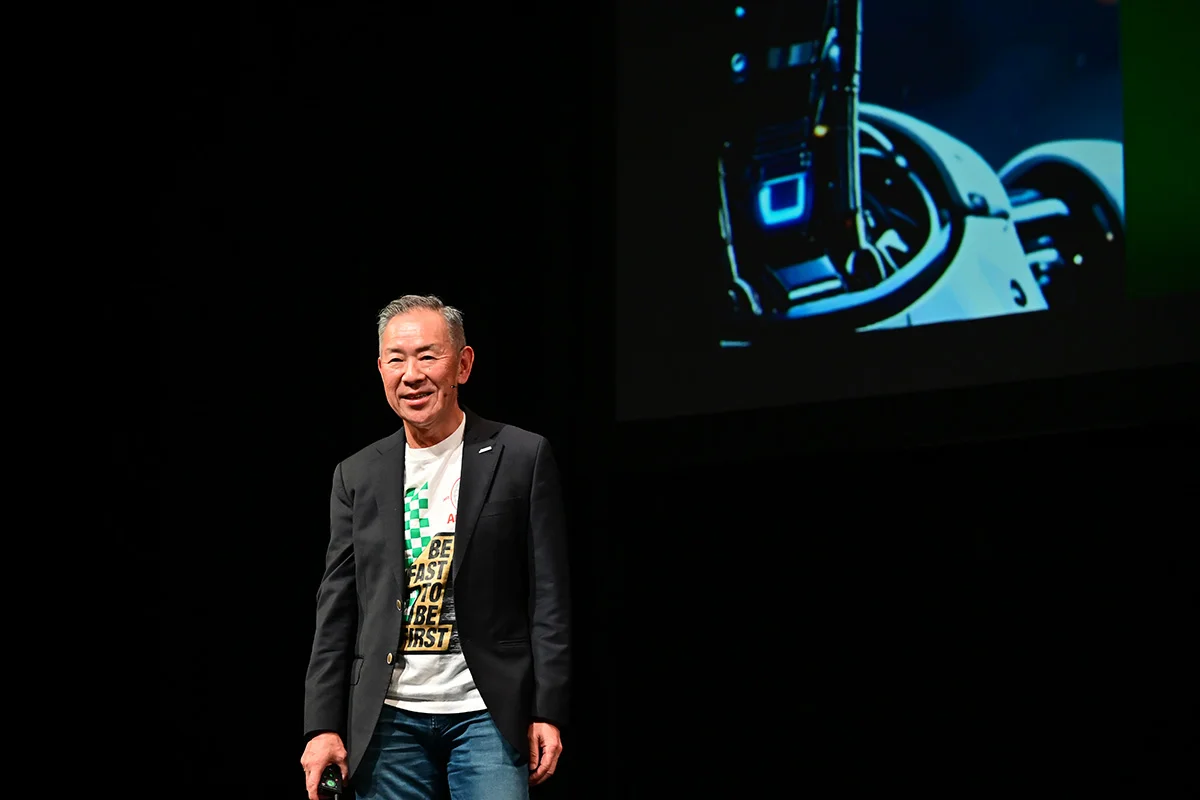Provisions in the New Telecom Bill for Internet Calling and Messaging Apps
- ByStartupStory | September 24, 2022

According to the draught proposal, the Act will use a verifiable means of identification to identify the people to whom it offers services. Establishing an identity when creating an account on your preferred Internet calling app may soon become a must. The provision of anonymity when creating accounts on OTT communication services like WhatsApp, Instagram, Facebook, and Zoom has been eliminated in the new draught Telecom Bill 2022.
The draft proposal states that the Act will identify the people to whom it delivers the services through a verified means of identification in order to safeguard consumers from instances of cyber fraud.
The Center’s move to broaden the definition of telecom services—which will now cover OTT communication and Internet-based communication—indicates that it wants these services to be covered by the same licensing rules that apply to established telecom service providers like Jio and Airtel.
Two particular clauses in the draft bill’s section 4 mandate that customers’ identities be disclosed when they visit a licensed telecom service. According to the Bill, “Any entity which is granted a licence under sub-clause (2) of Section 3 shall, unambiguously, identify the person to whom it offers services, through a verifiable means of identification as may be required.”
The second section of the Bill further states that the user receiving a message sent via telecommunication services shall have access to the sender’s identification.
Ashwini Vaishnaw, the minister of communications, explained that the Prime Minister gave instructions to develop the Telecom Bill focusing on customers’ security, making it clear that OTT and Internet communication services will be subject to these rules.”The distinction between voice and data calls has vanished as a result of technology. Therefore, all call-making platforms should be subject to the same regulations, he said.

Therefore, the anonymity option that many users associate with Internet calling services would no longer be available if the government decided to get these portions approved by Parliament. Users must authenticate their identity using Aadhar in order to enjoy the traditional telecom services offered by Indian cell companies. This may also be in line with demands made by mobile operators to the government for OTT communication services to be governed by the same rules.
They do not offer the same services as operators who own and operate the infrastructural layer on which these services are supplied, according to Anushka Jain, Associate Counsel at the Internet Freedom Foundation. Additionally, TSPs don’t offer video calling capabilities, and customers do anticipate anonymity when utilising internet communication apps, according to Jain.
Being considered telecommunication services could also imply that these Internet apps have an impact on users’ right to privacy. Certain messages on these telecommunication services may not be transmitted or intercepted at the direction of the State, according to a clause of the Bill, in the interest of security and public safety.
According to privacy researcher Srinivas Kodali, the government’s battle against user anonymity is nothing new. Kodali stated, “This is why they wanted VPN providers to maintain user logs under the recent CERT-in orders,” noting that international businesses will probably contest these restrictions in Indian courts.









